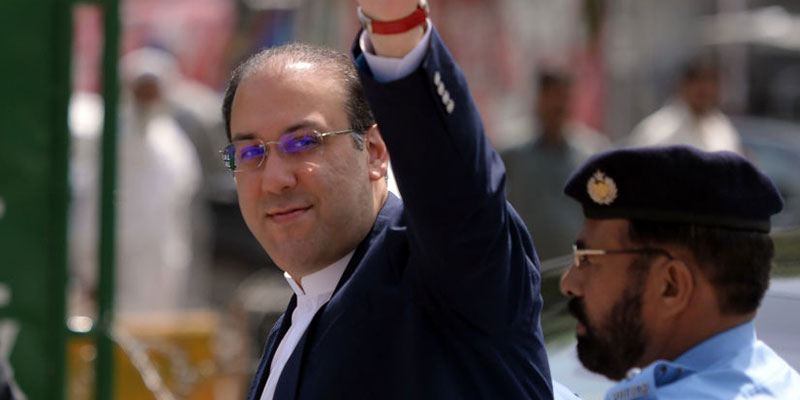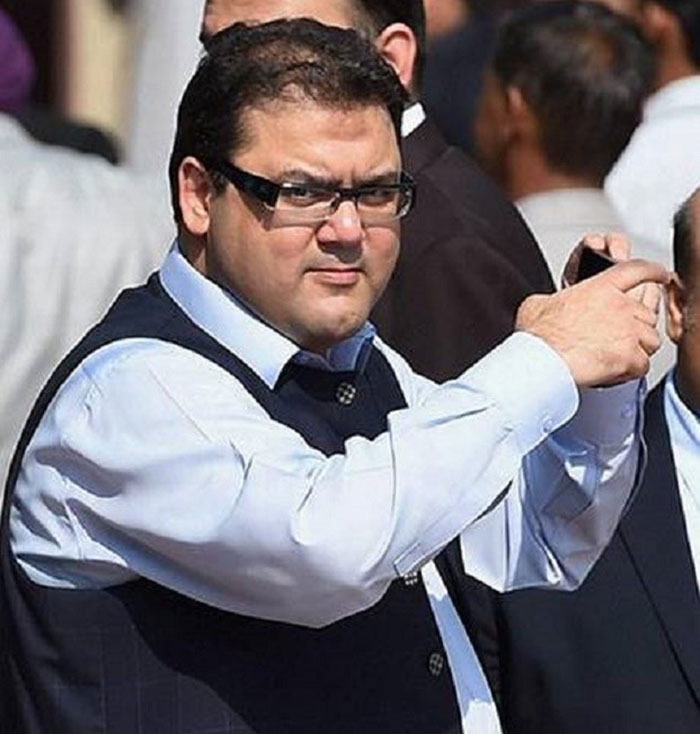It began in April 2016.
The Panama Papers dump revealed that Pakistan’s then-prime minister, Nawaz Sharif, and his children owned offshore companies and assets, allegedly established from money channelled from Pakistan. The assets included apartments in London’s upscale Mayfair area.
Opposition leaders took the matter to the Supreme Court of Pakistan, which then formed a Joint Investigation Team (JIT), with representatives from the ISI, MI, NAB, FIA and SECP. Some of the questions it had to probe included: where did the money for the company, Flagship Investment Limited, come from? And can the story that the Sharifs transported machinery from Dubai to Jeddah to establish the Azizia Steel Company be verified?
A year later, in July 2017, the Court disqualified Sharif from office, for failing to declare a receivable salary as an asset. The Court then directed the National Accountability Bureau (NAB) to file corruption references on the basis of the JIT report against Sharif and his children. The accountability court had six months to decide the cases. But the deadline came and went. Eight extensions later, the apex court is expected to decide its final verdict on Monday, December 24.

Who bankrolled the UK-based Flagship Investment Limited?
The charge against the family is that Hassan Nawaz Sharif, the former premier’s youngest son, set up an investment firm in 2001, with an office registered in the United Kingdom. At the time he was 25-years-old.
Nawaz Sharif has never accepted any connection with his son’s business, although the Bureau alleges that his name was listed as chairman of the board, further adding that Hasan was under the guardianship of his father till 1995.
Earlier this month, during a hearing, the NAB stated that Nawaz Sharif even received an amount of 0.78 million AED from the investment firm that he claims to have no stake in.
The accountability court had to determine how and from where did Hasan get the funds to set up the investment firm?
Who owns the Al-Azizia Steel Mills?
Hussain Nawaz Sharif, the former prime minister’s elder son, claims that he received a sum of $5.4 million from his grandfather to establish the steel conglomerate in Saudi Arabia. The payment was made by a Qatari royal on the request of the elder Sharif. Thereafter, scrap machinery was transported from their Ahli Steel Mills in Dubai to Jeddah to establish Al-Azizia in 2001.

The JIT constituted to investigate the graft allegations insist that the real owner of the mills was Nawaz Sharif, and it was being operated by his son on his behalf. Hussain was 29-years-old at the time. The JIT also held that Nawaz Sharif received 97 per cent profit as ‘gifts’ from Hill Metals Establishment, another company established by Hussain Nawaz Sharif in 2005, in Saudi Arabia.
Of the amount, Nawaz Sharif transferred 77 per cent to his daughter, Maryam Nawaz Sharif. (Maryam is not accused in this reference). Here as well, the NAB claims that since Sharif received a large profit from Hussain’s companies, he is the real owner and not his son. However, during the proceedings the NAB could not substantiate its claim through documentary evidences and instead placed the burden of proof on the accused.
With reporting by Azam Khan in Islamabad


